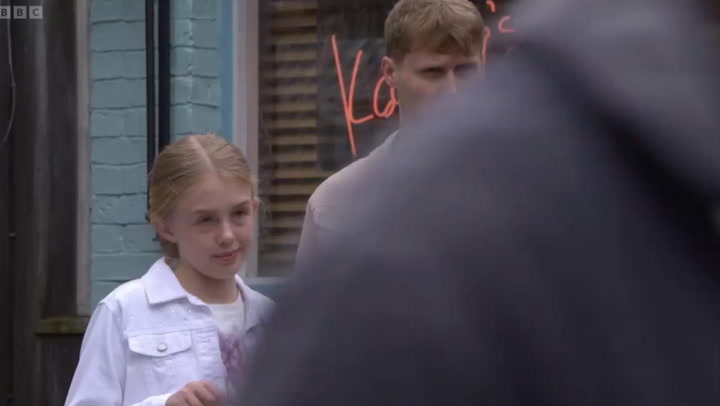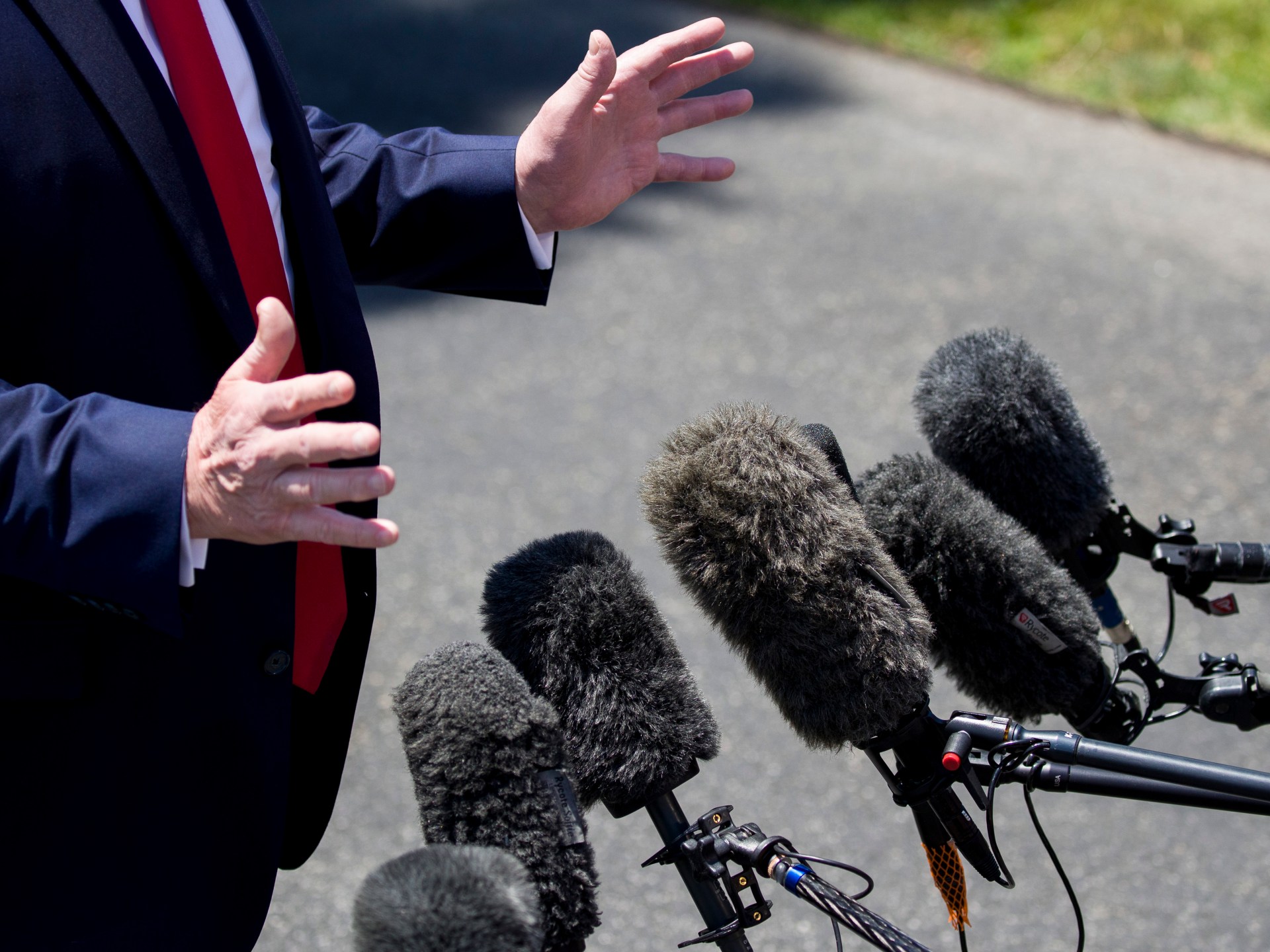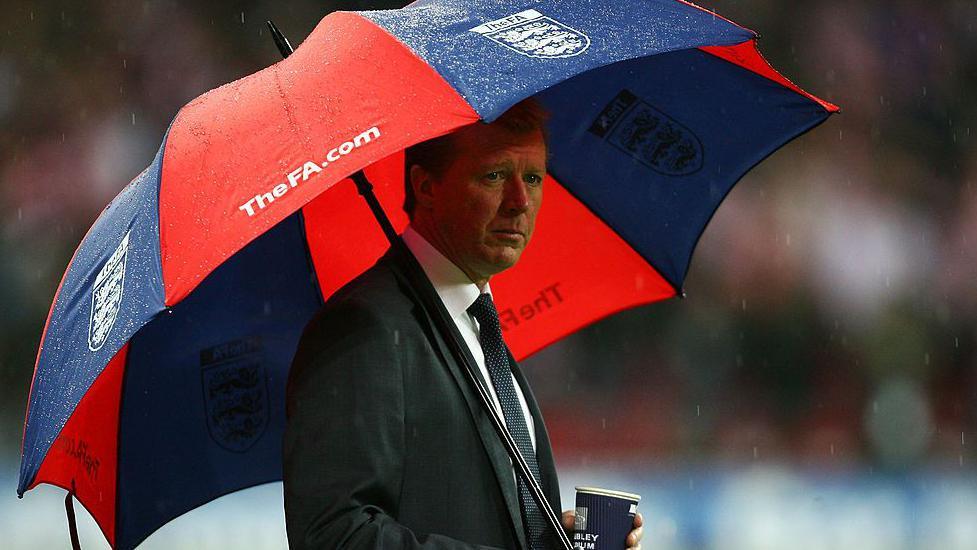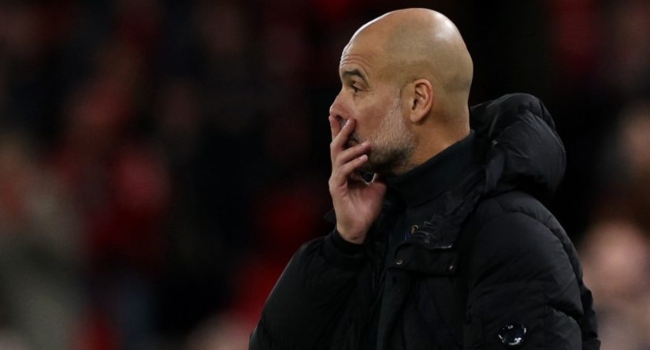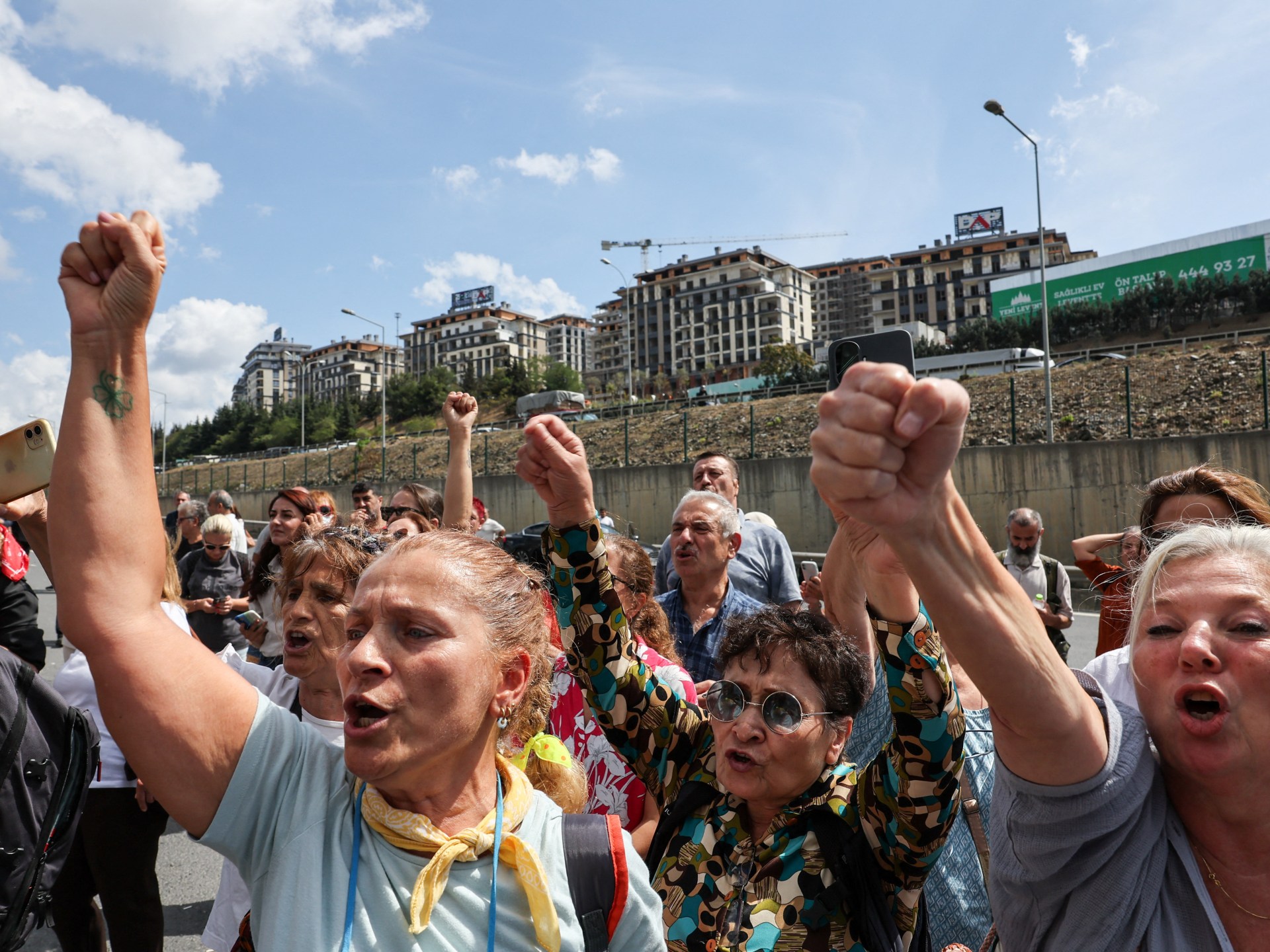It was announced over the weekend that Jamie Borthwick won’t be returning to EastEnders and fans have since reacted to a scene that is thought to be his character Jay Brown’s last
EastEnders: Jay ties up Lexi’s shoes
EastEnders fans have reacted to the apparent final scenes of the character Jay Brown. It comes following the news over the weekend that actor Jamie Borthwick, who’s been in the role for 19 years, has beeen ‘axed’ from the show.
Jamie, 31, has played Jay on the BBC show since he joined the cast in 2006. He was suspended earlier this year for using an offensive term whilst on Strictly Come Dancing last year, but he was rumoured to be returning this month.
The Mirror however revealed on Saturday that Jamie won’t be returning to EastEnders. BBC Studios, which makes the long-running show, confirmed his departure in a statement.
READ MORE: EastEnders boss hints at explosive Slater storyline amid Tanya Branning ‘return’READ MORE: EastEnders bosses axe controversial character from history after major comeback
The RadioTimes has since suggested that his final scenes have already aired on the show. It’s thought that they were broadcast on August 19, with EastEnders fans having been reacting to the prospect in posts on social media.
That episode saw Jay and step-daughter Lexi Pearce (played by Isabella Brown) turn up outside the café. They joined her grandfather Phil Mitchell (Steve McFadden) and Nigel Bates (Paul Bradley) who were already in a conversation there.
Jay was seen talking about chickens brought onto Albert Square by Nigel’s wife Julie Bates (Karen Henthorn) upon her arrival. The character was then seen tying one of Lexi’s shoelaces as Nicola Mitchell (Laura Doddington) watched.
Speaking about the chickens, Jay said: “Are they gonna be permanent? Only that cockerel’s a bit …” Phil replied: “Listen, chickens come with Nigel’s wife, so they stay here as long as she does.” Moments later, Jay is heard saying: “Lex, your lace is undone.” He then helps tie her lace up on the street.
It’s believed to be the final scene featuring Jay. Some fans have reacted, with one writing alongside a video of the shoelace scene, which had the show’s credits added to the end, on X: “The fact this is Jay’s last scene after 19 years.” Someone replied: “Unbelievable.” Another said: “It can’t be.”
Over a video of the chicken conversation and the shoelace scene, someone wrote: “This best not have been Jay’s last scene. I’m sure he’s filmed more scenes but he deserves an exit.” The TikTok user who shared it added: “I’ll cry.” Another account shared a version with a teary-eyed emoji over it.
Jamie’s departure was confirmed by BBC Studios recently. In a statement to the Mirror, it said last week: “We can confirm that Jamie Borthwick will not be returning to EastEnders. We do not comment on individual matters.”
It comes after he was suspended in June for using an offensive term for people with disabilities to describe residents of Blackpool whilst filming Strictly. The BBC said at the time that his language, reportedly caught in a video on a phone, was “entirely unacceptable and in no way reflects the values or standards we hold and expect”.
Jamie apologised after making the slur, saying in a statement shared by the Sun at the time: “I want to apologise sincerely and wholeheartedly for the words I used in the video showing my reaction to making it through Blackpool week on Strictly. I am deeply sorry for any offence and upset my words and actions have caused. It is no excuse, but I did not fully understand the derogatory term I used and its meaning. That is on me completely. Now I am aware, I am deeply embarrassed to have used the term and directed it in the way I did. It was wrong.”
He added: “When I made the video, I was excited and caught up in the moment. Again, that is no excuse. But my regrettable actions are not a true reflection of my views, or who I am. I enjoyed every minute of my time in the Blackpool Tower Ballroom and the town itself. The people of Blackpool have always been amazing with the Strictly crew, dancers and cast members. I know they will be again for this year’s show and those in years to come. I am truly sorry.”
He sparked criticism over the situation, including from the disability charity Scope. It said on X, following the news of his suspension: “Attitudes and language like this are never acceptable. We’re pleased to see that the team at the BBC have taken this incident so seriously. We hope Mr Borthwick takes this opportunity to get to know the reality of disabled people’s lives.”
